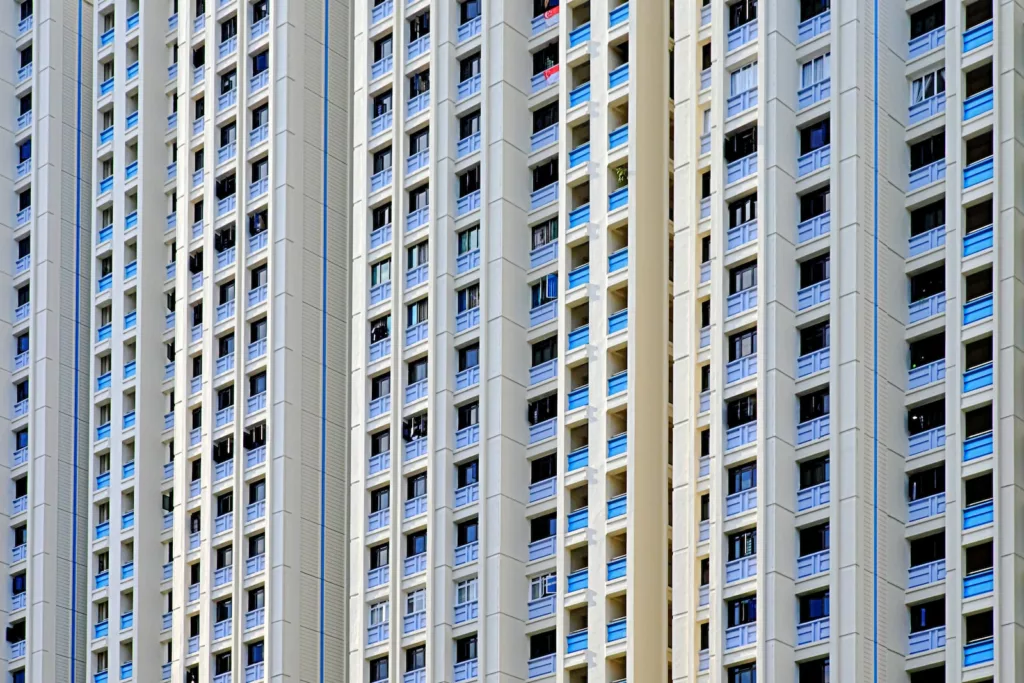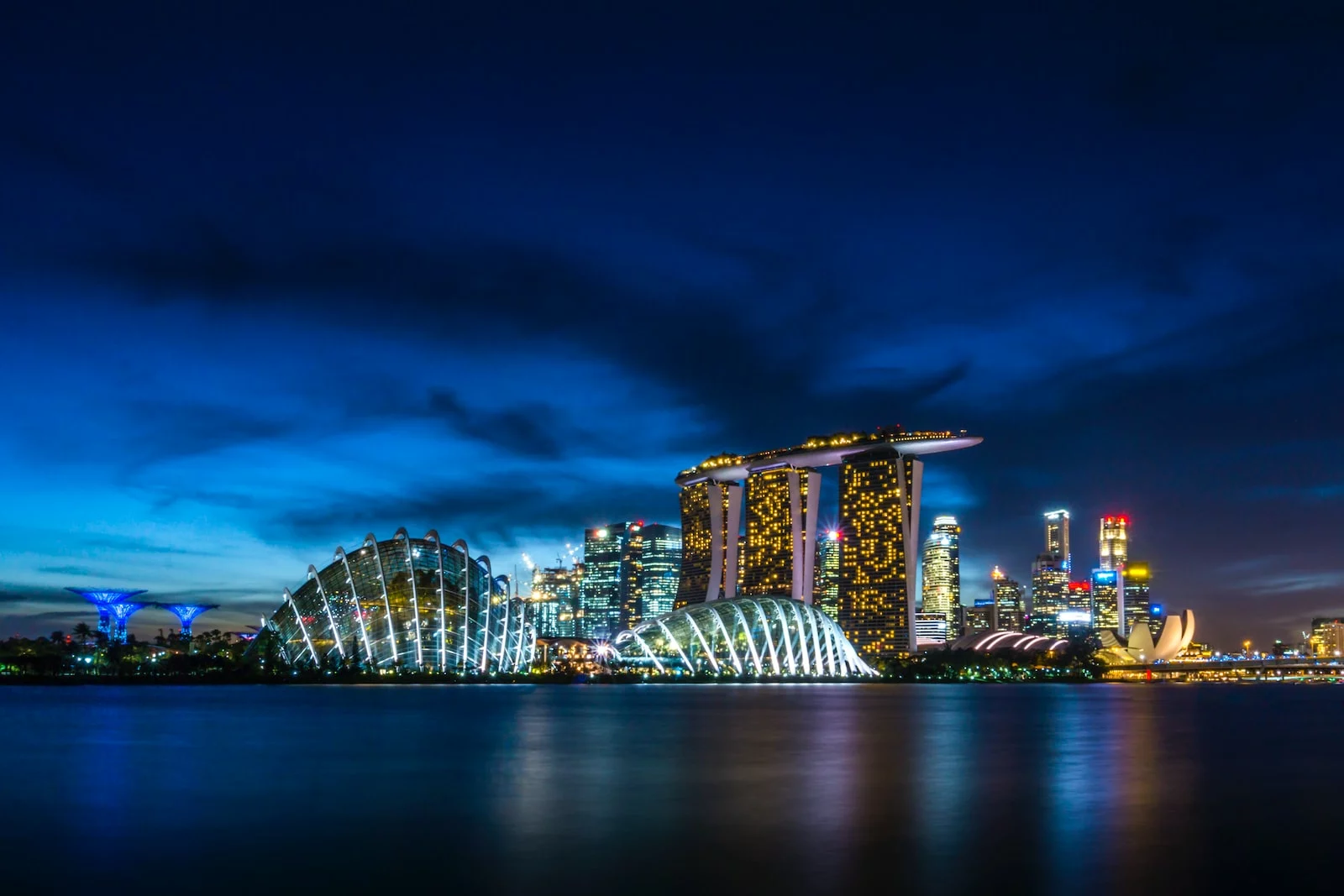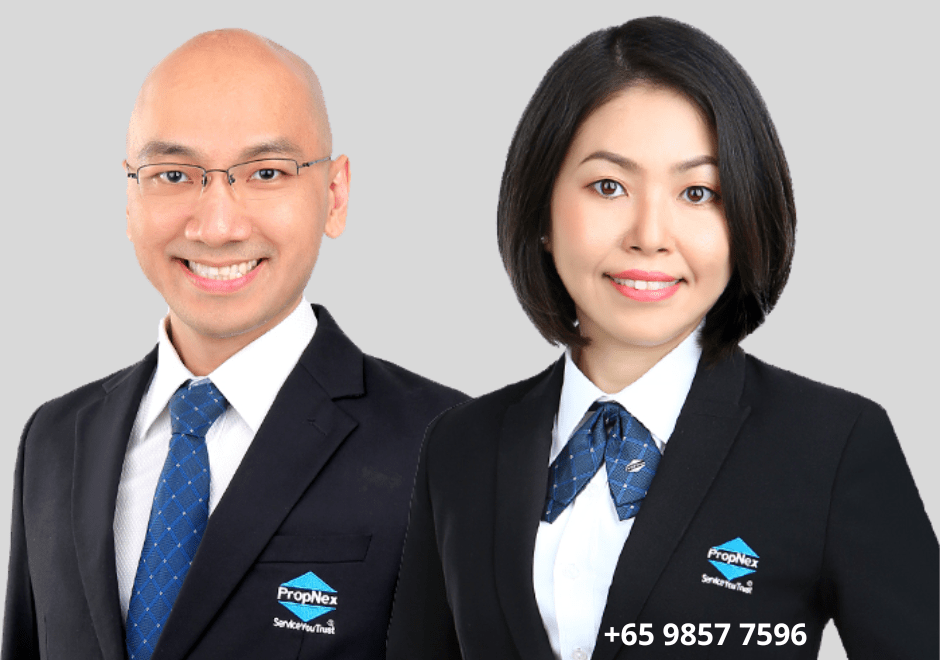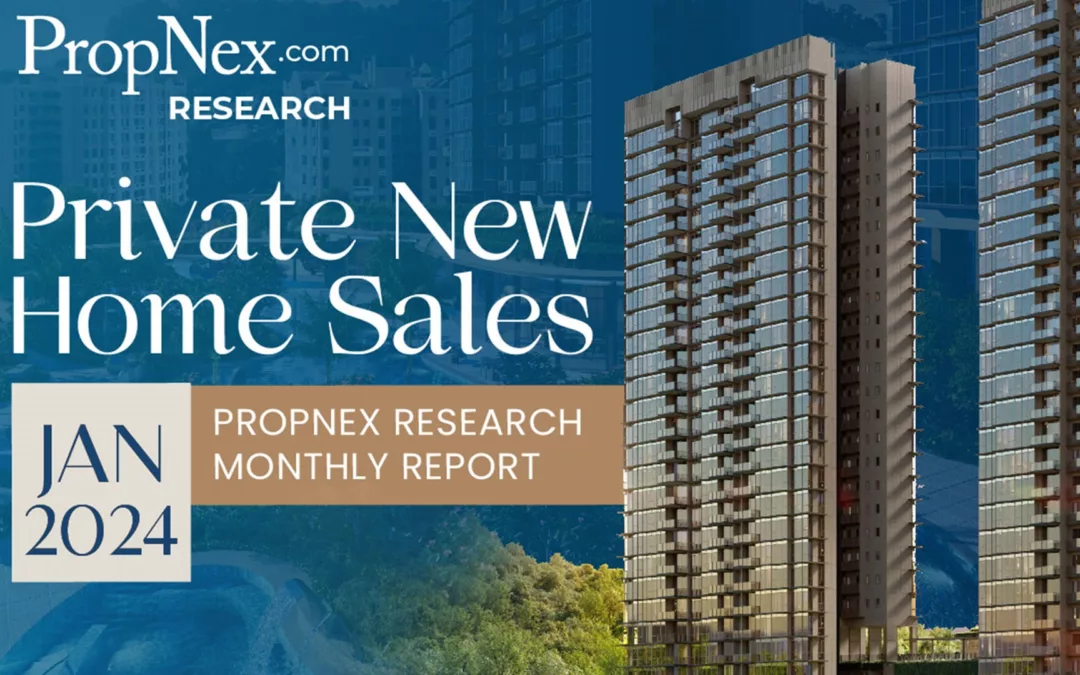Singapore’s property market is regarded as a solid investment area, attracting investors and speculators eager to capitalise on the country’s thriving conditions.
There is no shortage of information accessible to first-time investors looking to profit from Singapore real estate. Just as important is knowing what dangers to avoid so you don’t become a statistic in the real estate game.

While many investors begin with the goal of generating a fortune in real estate, few make it past their first investment, and even fewer create true wealth by climbing to the top of the property ladder. There are many projects like Canninghill Piers, Sengkang, Leedon Green Condo, etc and many Real Estate in singapore.
We’ve Added Top Questions & Answers Asked by Communities About Real Estate In Singapore
Is there any real difference between freehold and 999-year leasehold properties in Singapore?
The answer is YES and No
YES, because it psychologically indicates “forever yours” However…
NO, because the government owns all land in Singapore, and under the Singapore Land Acquisition Act, they have the first right to buy back from private owners, even if they are freehold, as they did when they extended the MRT line around Marymount estate. NO, because the ‘oldest’ 999 years tenure begins around 1826 and has approximately 805 years remaining, and property valuers will value 999 years tenure at the same level as freehold tenure.
Is it difficult to buy a house in Singapore?
Do you want to buy a house or a condo? for Real Estate In Singapore
To purchase a landed property in Singapore, you must be a Singaporean citizen. The LDAU permission is required for PRs. Condos would be easier to understand.
Both locals and foreigners are welcome. Taxes will be levied in accordance with the law.
Why do people in Singapore buy HDB resale flats when they can buy a new BTO one directly from HDB?
Real Estate In Singapore There could be several explanations for this. Waiting period New BTOs have yet to be built or are in the process of being built in comparison to ready-made comparatively “young” resale flats. Some folks are unwilling to wait a few years for the flat. So they went with resale. Location No one will know the exact location of the next bto release. The spouse might not like the location of the bto release. So they might just buy a secondhand apartment. Restrictions In a non-mature estate, singles can only purchase a two-bedroom bungalow. For resale, they can buy anything for real estate in singapore on the open market. Parental proximity The government provides a stipend when they purchase a resale flat near their parents.
How do people make money from property?
Real Estate In Singapore, When the value of a property rises above its purchase price over time, this is referred to as capital appreciation. For example, if you paid $500,000 for a home and it now commands a value of $800,000, the Capital Appreciation is $300,000. If the property is sold for a higher price than it was purchased for, you will be able to receive Capital Gains through Capital Appreciation. As a result, it is critical to keep an eye out for aspects that may contribute to Capital Appreciation in the future. Buying and selling, or ‘flipping,’ houses is one of the most prevalent ways to make money through property investment. You can employ this strategy by purchasing a home and then reselling it for a profit. This method’s distinguishing feature is speed; you’ll want to sell your house as quickly as feasible in order to minimise the risk to your capital. However, this strategy is dependent on capital appreciation, which you may not always be able to manage.
What is landed vs non-landed property in Singapore? Why is it called this?
Bungalows, semi-detached houses, terrace houses, shophouses, and stratum landed housing are examples of landed housing. HDB flats, apartments, and condominiums are examples of non-landed housing. The majority of Singapore’s residential stock is made up of high-rise buildings.
What is the best way to buy a landed property in Singapore as a permanent resisdent?
When you’re a permanent resident of Singapore country, you will need approval from the Land Deals Approval Unit (LDAU), which is the authority arm of the Singapore Land Authority (SLA). Such permission will be provided on a case-by-case basis. Although LDAU has never explicitly stated why they are denied, it is thought that some of these reasons include the following:
How long have you been a resident of Real Estae In Singapore?
Are your relatives also settling here?
Do your family members have SPR status? How many days do you spend outside the nation each year?
Your professional credentials
Your occupation, tax contributions, and so on.
However, if you are purchasing landed residences in Sentosa, you will find it easier to obtain authorization from SLA and Sentosa Cove Development (SCD). The latter will conduct a security check against Interpol to guarantee that no “unwanted individuals” are entering Singapore and possessing landed property.
Why do 80% of Singaporeans live in government-built flats?
Real Estate In Singapore by Government Built flats, are Relatively inexpensive – Prices start at SGD 90,000 for Singaporeans after grants. It is well within the means of a Singaporean couple with a median income of SGD 40,000.
Amenities – Easy access to public transportation, such as buses and trains. Schools, food distribution centres, and so on.
Creditor Protection – Public housing is immune from creditors and cannot be taken.
Low maintenance costs – about SGD 90 per month, which is a fraction of the cost of private housing. Painting, infrastructure, and other improvements are made to public estates on a regular basis. Cleaning is done efficiently and on a regular basis.
Security is provided by neighbourhood police stations as well as citizen patrols.
Singaporeans are fortunate to have access to high-quality public housing:)





